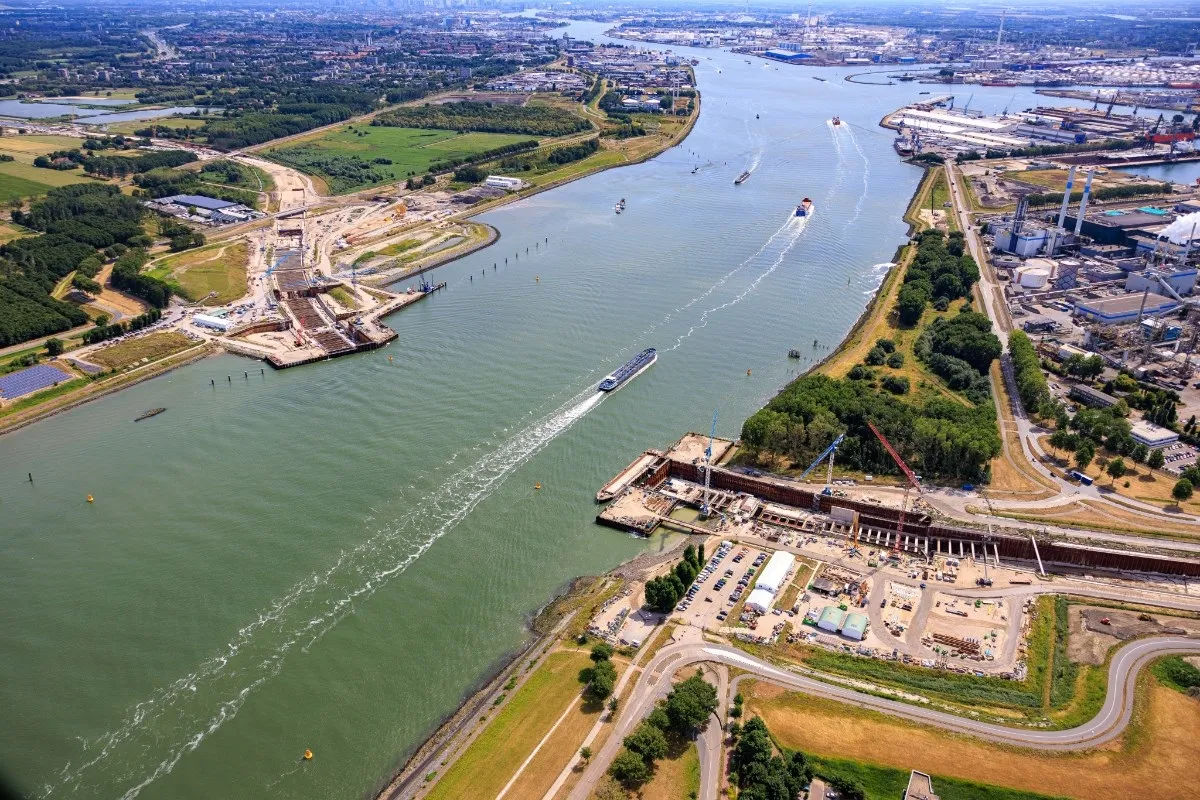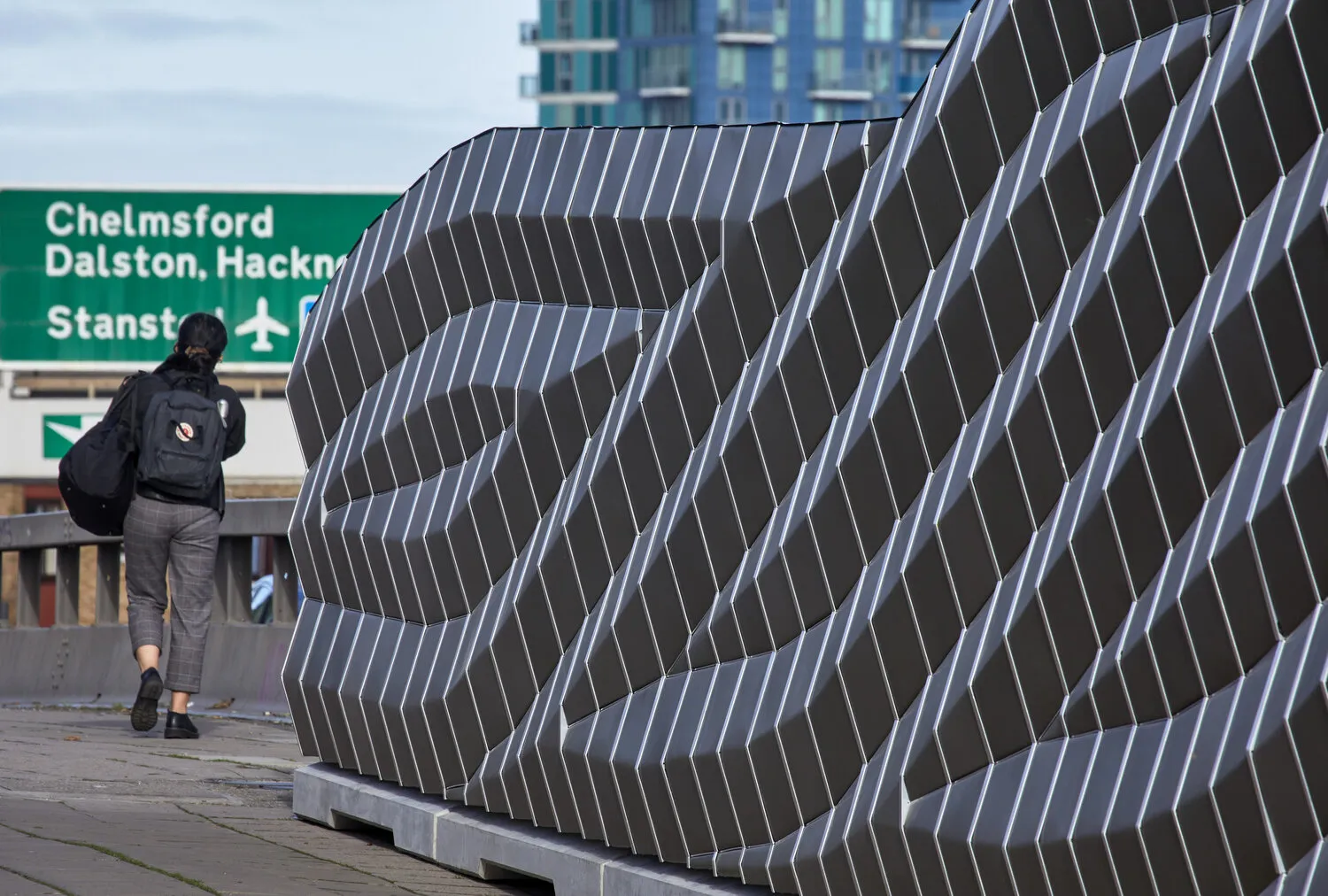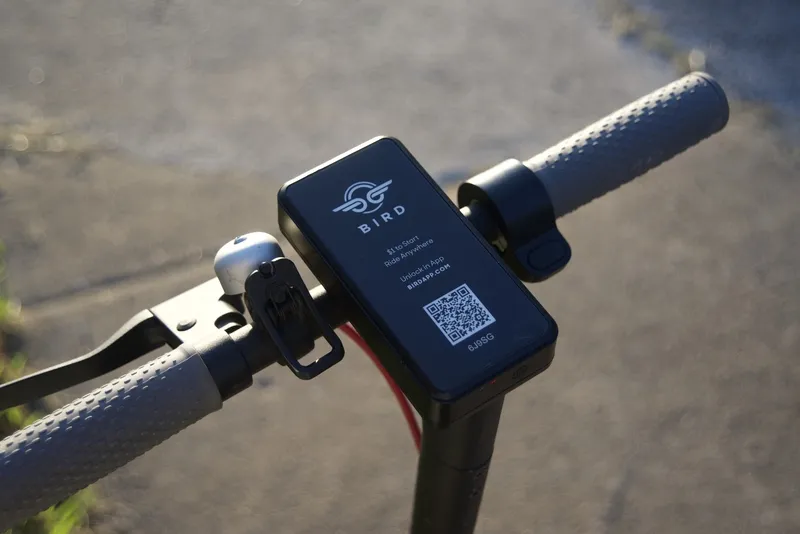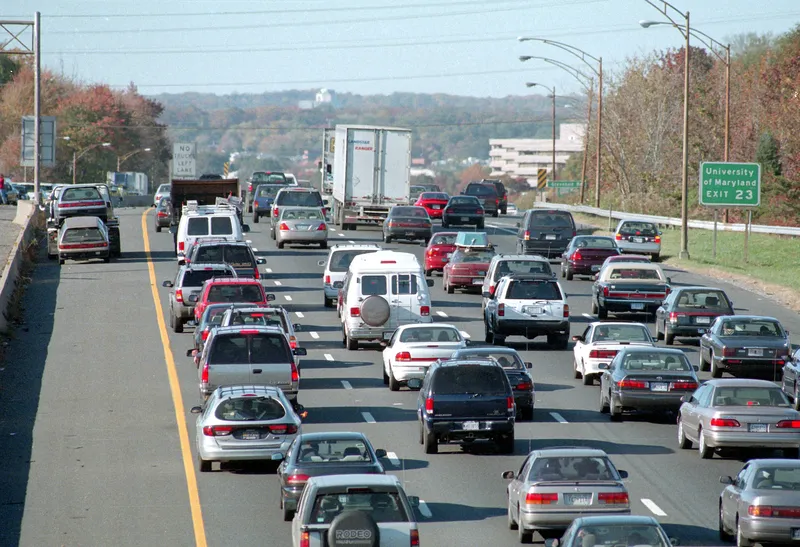
The Dutch Vehicle Authority (RDW) has awarded a contract to Emovis to design, install and maintain the first free-flow tolling system in the Netherlands on two new roads.
The first is the new highway A24 (Blankenburgverbinding) near Rotterdam, currently under construction and connecting the A15 and A20.
There will be two tunnels, Hollandtunnel and Maasdeltatunnel, which are expected to see 60,000 vehicles per day after they open in 2024.
The second project, currently on the drawing board, is a new stretch of highway near Arnhem/Nijmegen: ViA15.
It extends the A15 to join the A12 and includes a new bridge over the Pannerdensch canal, and is expected to be used by 33,000 vehicles daily.
Emovis' toll contract runs initially for eight years, with three two-year extensions, and is the company's first in the Netherlands.
RDW and Rijkswaterstaat, two executive agencies of the Ministry of Infrastructure, are cooperating with the Central Judicial Collection Agency, with RDW given the responsibility for toll collection.
“The award of this contract is an important milestone in our programme,” says Jan Strijk, director Toll Collect at RDW.
“We place high demands on the equipment and the cooperation with the supplier. I am confident that Emovis can deliver on that.”
Christian Barrientos, CEO of Emovis, says: “RDW and Emovis have many shared values, including a commitment to providing safe and efficient access across tolls and promoting economic development.”
“We already have a deep understanding of their business rules and workflows. With this knowledge, we bring processes and systems focused on customer experience and cost savings to RDW’s operations."









